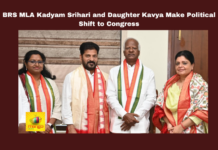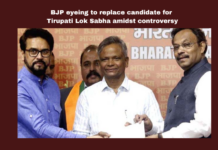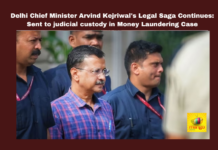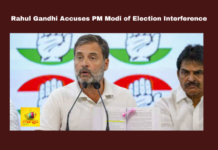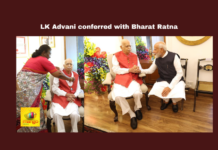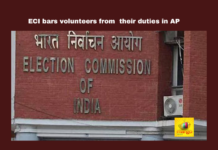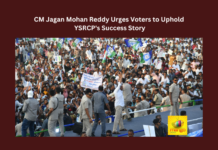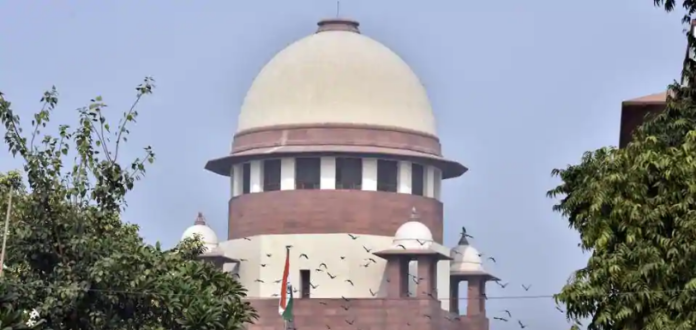Youth for Equality, a group against caste based reservation, and Dr. Kaushal Kant Mishra, a leading orthopedic surgeon, today, filed a petition against the Constitution (124th Amendment) Bill, 2019.
The Rajya Sabha, yesterday, passed the bill, which gives 10 % reservation to the economically weaker sections under the General Category.
According to the petition, the amendments made to Article 15 (6) and Article 16 (6) of the Constitution to introduce the new bill, violate the existing basic features of the Constitution of India. The petition states this as the reason as to why the Constitution (124th Amendment) Bill should not be allowed to become a law.
The Government of India introduced new provisions to make the Constitution (124th Amendment) a law.
According to the new provisions to the Article 15 (6) and 16 (6,) the new bill will assure 10 % reservations to individuals of the upper class, with an annual income less than Rs. 8 lakhs and 5 acres of land. The Government of India also stated, the new amendments will not affect the existing reservations of 50 % given to the SCs (Scheduled Castes,) the STs (Scheduled Tribes) and the OBs (Other Backward Classes.)
The Youth for Equality also claimed, the bill goes against against a judgement by the SC, which states, reservation cannot exceed 50 %, leaving the rest of the 50 % for the General Category. In 1993, the Supreme Court gave this judgement and said, only 50 % reservation for jobs and education can be provided to the backward classes.
After the Lok Sabha passed the bill, the Rajya Sabha also gave a green signal for passing the Constitution (124th Amendment) Bill, 2019. However, the bill will now be sent to Ram Nath Kovind, the President of India, for his assent, after which the bill will become a law.







